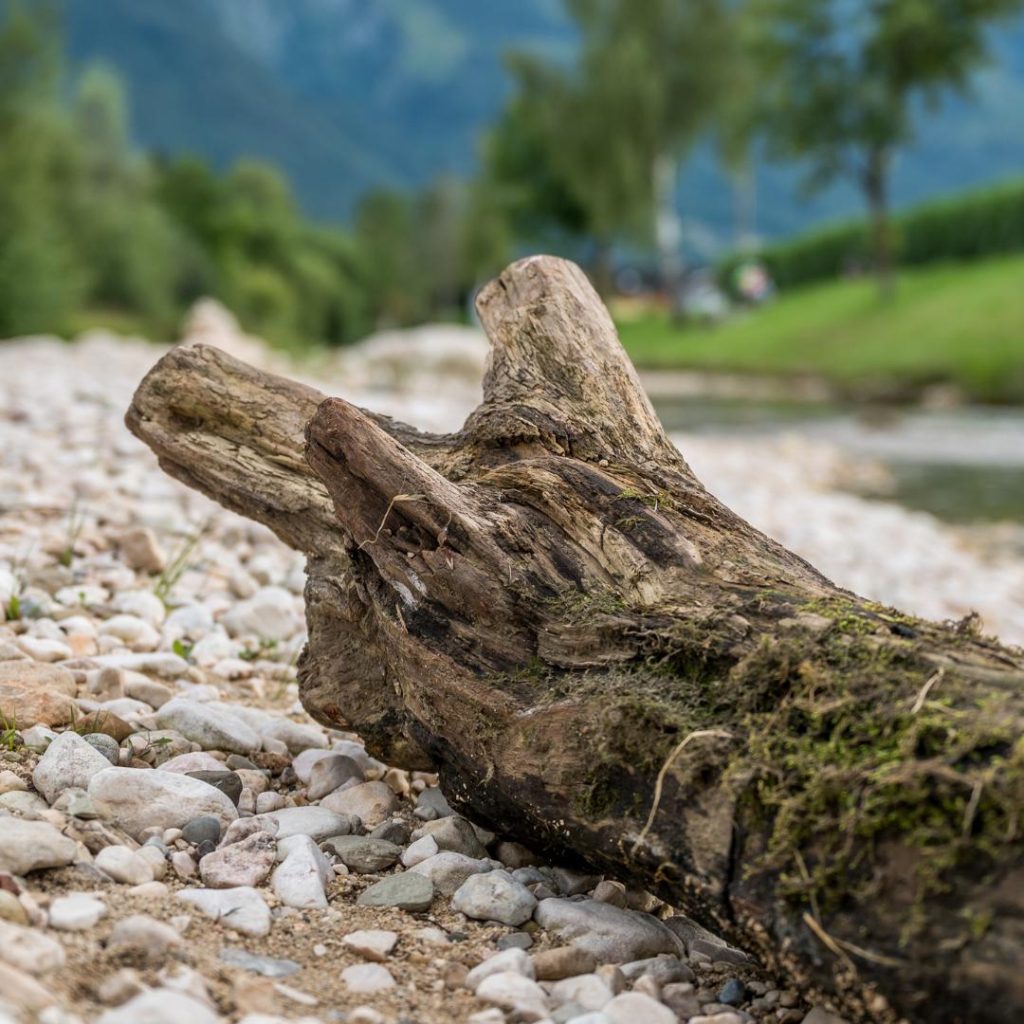"Green safety net" for Austria - the WWF has a plan...

The nature conservation organization WWF Austria is calling for a "green safety net" consisting of natural protection measures such as renaturation, soil protection, etc. to build up a certain resilience to natural disasters, pest infestation and overheating and is presenting a new position paper including an action plan for domestic policy.
"Natural protection measures combine climate protection, nature conservation and human well-being. For example, river restoration can provide valuable habitats for endangered animal and plant species and also reduce the risk of flooding," says WWF program manager Hanna Simons.
A green safety net consisting of many such natural protective measures could make a decisive contribution to combating existential crises such as global warming and species extinction and protecting people from the consequences.
"From the Alps to the cities, we need comprehensive measures and the necessary resources to create a green safety net across Austria," says Hanna Simons.
In the form of a ten-point action plan, the WWF is now presenting how natural protection measures for people, the climate and nature should be systematically expanded in Austria. This includes, for example, a water protection program, as 60 percent of Austria's rivers are in need of restoration.
"The removal of unnecessary barriers and the renaturation of river courses and floodplains is particularly important. This also increases our resilience to the consequences of the climate crisis," says Hanna Simons.
Natural protective measures
Other points include a nationwide soil protection program and the expansion of protected areas to 30 percent of the land area - for example in the last largely undeveloped natural areas, which are mainly located at high Alpine altitudes.
However, natural protection measures are also relevant in densely populated areas: The WWF is calling for heat protection programs in all cities and municipalities.
In addition to a main objective - such as disaster prevention or climate adaptation - natural protection measures also have additional benefits, such as job creation, biodiversity protection or contributions to food security.
Restoring wetlands not only reduces the negative impact of flooding by creating floodplains, but also recharges the groundwater and improves water quality.
Natural forest management not only makes forests more resilient to natural disasters, but also increases their CO2 storage function.
"Weather and climate-related events are already causing damage amounting to at least two billion euros on average per year. Natural protection measures can reduce such damage and are therefore a worthwhile investment in every respect," says Hanna Simons from WWF.
The need for action is enormous.
Global warming continues apace, with 2023 bringing new heat records and extreme weather events. Added to this are the destruction of nature and the extinction of species: according to the latest update of the global Red List of Threatened Species, over 44,000 of the more than 157,000 species recorded are in threat categories - more than ever before. The area of wetlands worldwide has decreased by 70 percent since 1900. In Austria, too, the trend is extremely negative: 90 percent of the original peatland area has already been destroyed. At 12 hectares of land per day, land consumption remains extremely high.
"We need a turnaround. Climate protection and nature conservation must be given much greater consideration at all levels and thought about together," demands Hanna Simons from WWF.






